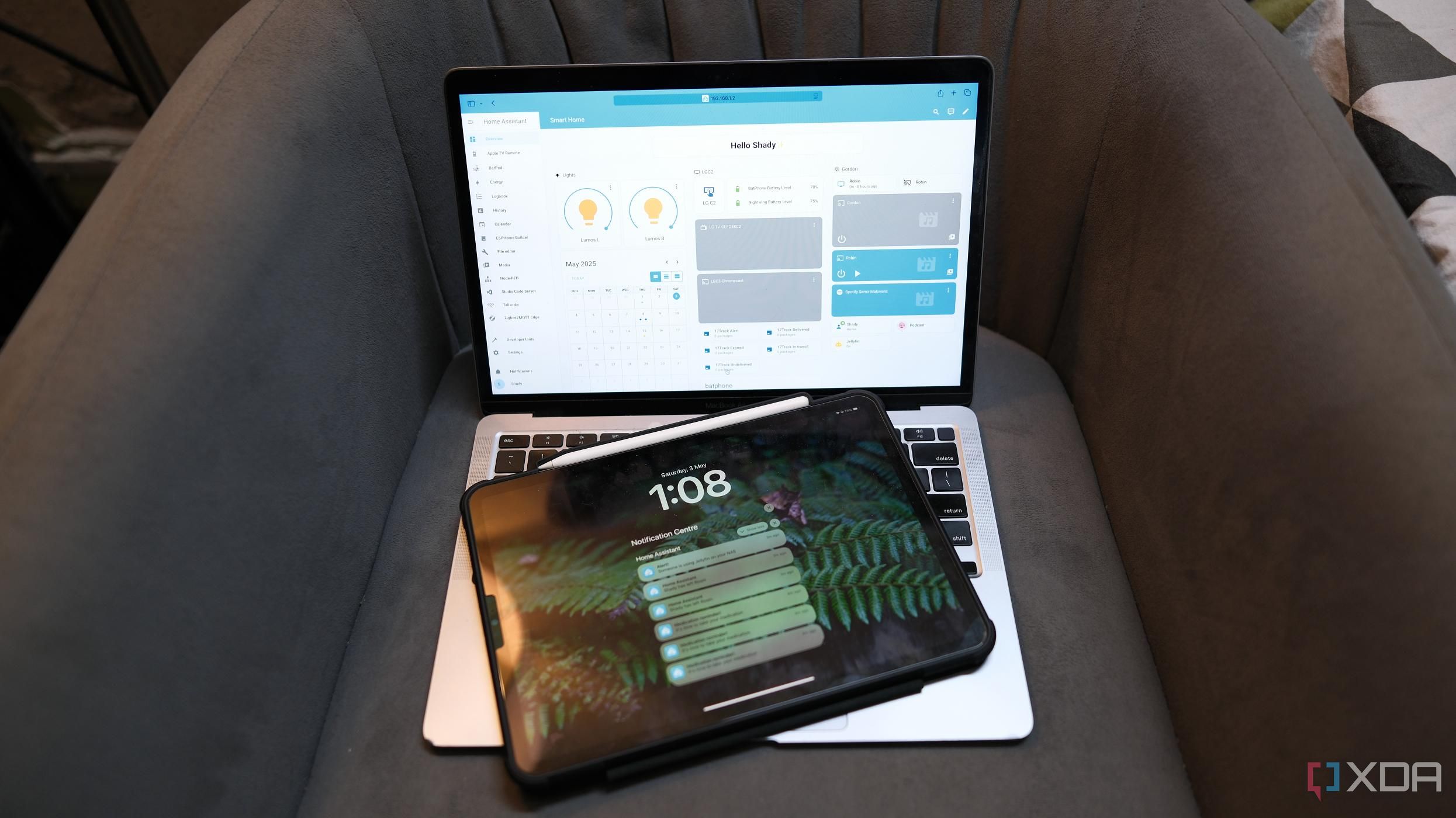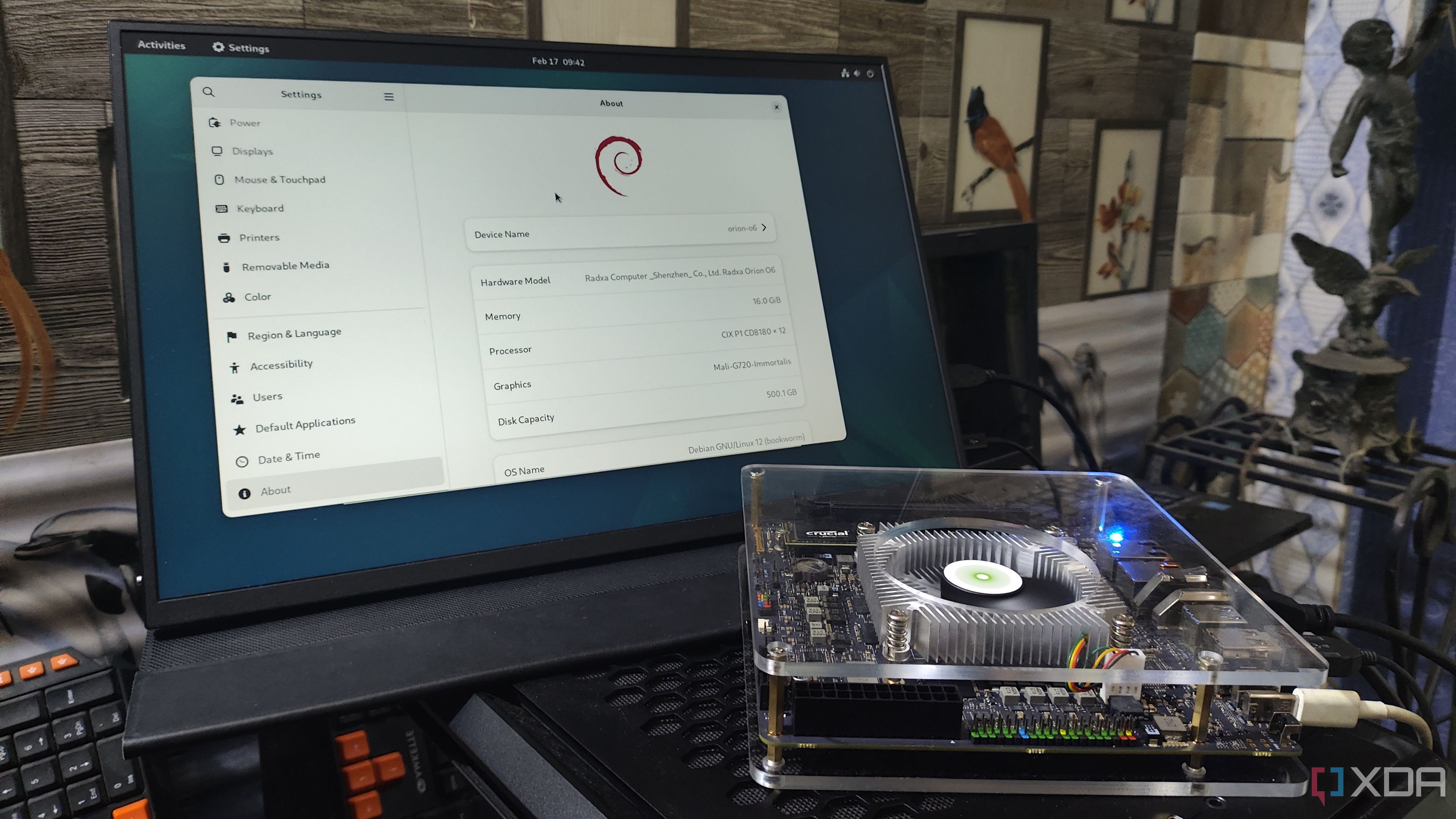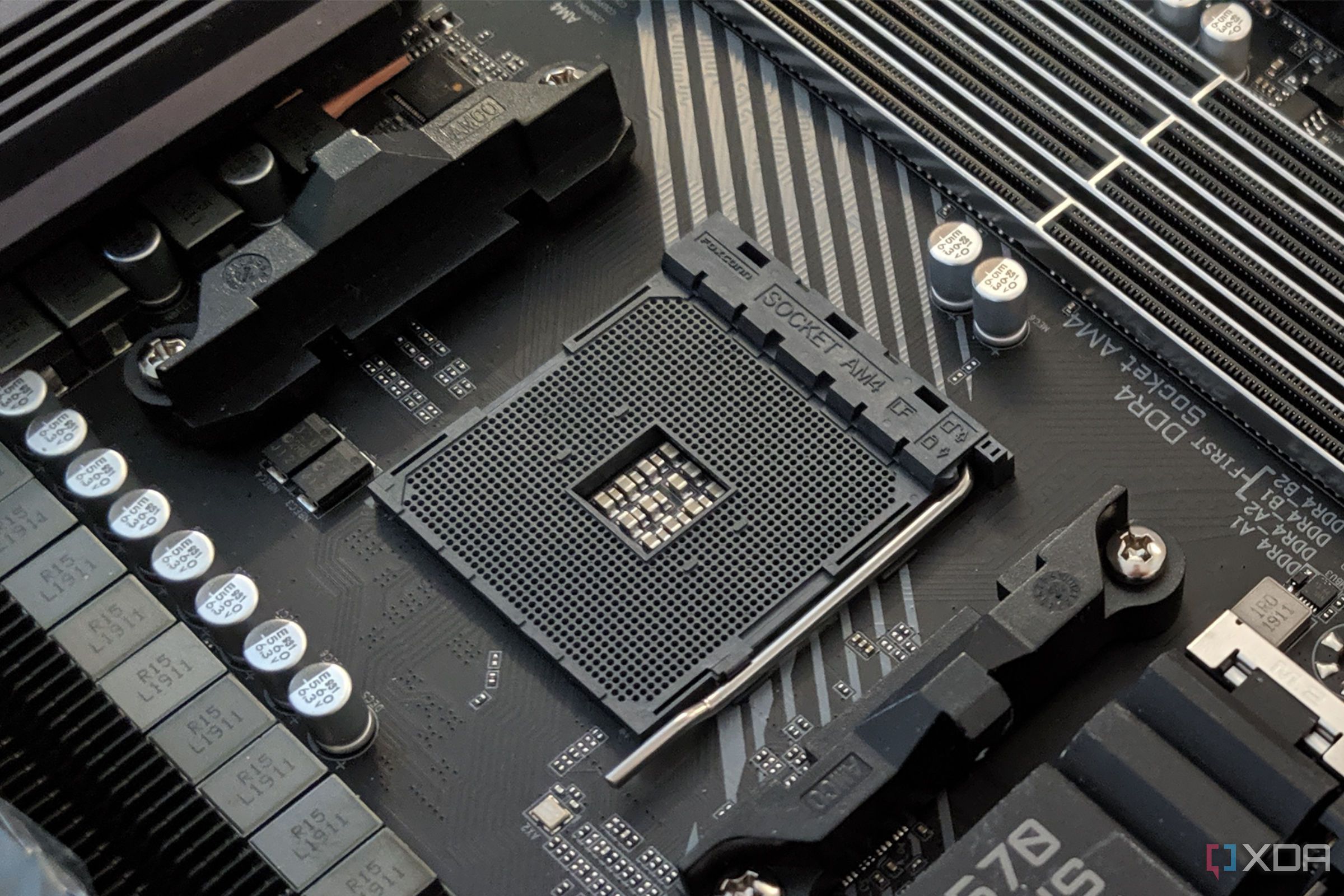When it comes to running a home server, there’s no shortage of excellent options to choose from. Over the years, I’ve tried both Proxmox and Ubuntu Linux in various configurations. While Proxmox has a lot going for it, I keep coming back to Ubuntu for my own setup. It simply offers a combination of flexibility, ease of use, and compatibility that fits the way I like to run things.
5 I can customize everything to my liking
Ubuntu lets me build my server exactly how I want it
One of the biggest advantages of using Ubuntu for my home server is the level of customization it offers. I can start with a minimal installation and only add the necessary packages and tools. There is no overhead from a pre-configured hypervisor or web-based management stack unless I choose to install one myself.
This also means that I can fine-tune system services, security settings, and performance optimizations to match the specific needs of my server. Whether I am running Docker containers, Kubernetes clusters, or lightweight virtual machines with KVM, Ubuntu gives me complete control over the environment; I’m not locked into the architecture or defaults of a platform like Proxmox.
For me, this level of flexibility is worth the extra time it takes to set things up manually. I enjoy knowing exactly what is running on my server and why. Ubuntu makes it easy to build that kind of tailored experience.
4 I prefer a simple and familiar environment
Ubuntu matches my existing Linux knowledge and workflow

Another reason I stick with Ubuntu is that it feels familiar and consistent. I often use Linux on my desktop and in other projects, and have for years. I’ve also administered several Ubuntu servers over the years. Thanks to this experience, managing an Ubuntu home server fits naturally into my existing workflow. The command-line tools, package management with apt, and vast community resources are all areas I am familiar with.
Proxmox has its own web interface and management tools, which are powerful but add another layer of abstraction. For some people, this is a benefit, but I find that it sometimes gets in my way. I’d rather manage things directly through SSH and simple scripts that I can version control and reuse across different servers.
Since Ubuntu is such a popular choice, it’s also easy to find help when I need it. Whether I am troubleshooting a tricky networking issue or trying to tune performance, I can almost always find a relevant guide or forum post. That vast level of community support gives me extra confidence in running Ubuntu as the foundation for my home server.
3 Better support for container-based workloads
Ubuntu shines when running Docker and Kubernetes
A growing part of my home lab revolves around containerized workloads. I run a variety of self-hosted services using Docker, and I experiment with Kubernetes on the side. In my experience, Ubuntu offers better support and smoother operation for these types of jobs.
Ubuntu also tends to have more up-to-date kernel versions and container runtimes compared to Proxmox’s default stack. This can make a significant difference when trying to run the latest versions of Docker or containerd. Installing and managing these tools on Ubuntu is also more straightforward, thanks to official packages and comprehensive documentation.
While Proxmox can certainly run containers and even supports LXC, I find it to be more optimized for managing virtual machines. If your primary goal is to host and test VMs, Proxmox is admittedly hard to beat. For me, though, the flexibility and performance of containers on Ubuntu are a better match for the kinds of services I run on a daily basis,
2 More flexibility in storage configurations
Ubuntu makes it easier to tailor storage setups
Storage flexibility is another area where Ubuntu really stands out for my needs. I like to experiment with different filesystems, TAID setups, and storage backends, depending on what I am running on my server. Ubuntu gives me complete freedom to configure storage exactly how I want.
Proxmox is quite good at managing storage pools, but its design assumes you’ll be using its built-in layers like ZFS or LVM to manage your VM disks. Yes, you can work around this, but I find that doing so adds complexity. With Ubuntu, I can just use the native Linux tools and filesystems without needing to conform to a particular platform’s design.
For example, I can easily set up Btrfs volumes for snapshotting my Docker data or run a simple software RAID for my media server. I’m not limited by the choices made by a hypervisor-focused platform. This level of flexibility keeps me coming back to Ubuntu for storage-heavy home server tasks.
Ubuntu just fits better into my existing automation stack

I automate as much of my home server setup and maintenance as possible. Tools like Ansible, Terraform, and shell scripts make it easy to deploy and configure services consistently. Ubuntu fits into this model very naturally.
Proxmox does have an API and supports automation; however, many tasks still require interacting with its web interface or utilizing its specific tools. With Ubuntu, I can manage almost everything through standard Linux mechanisms. This makes it easier to integrate with my broader automation workflows.
For example, I can use Ansible playbooks to install Docker, configure firewall rules, deploy services, and even monitor system health. I don’t have to worry about managing a separate web management layer or special API, which helps me keep my server setup simple, consistent, and fully under my control.
Why Ubuntu continues to be my go-to choice
For my particular case, Ubuntu strikes the right balance of flexibility, familiarity, and ease of integration. While Proxmox is an excellent choice for many scenarios, I find that Ubuntu lets me build exactly the kind of home server I want. It aligns well with my existing skills and tools, and it provides me with the freedom to experiment without adding extra layers of complexity. That’s why it remains my preferred platform for my home server setup.
.png)











 English (US) ·
English (US) ·